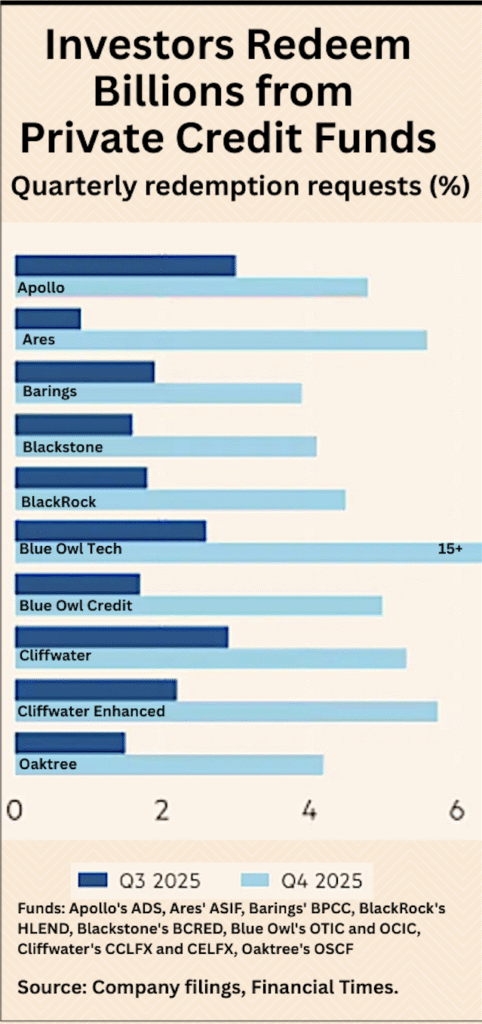The big question in political campaigns used to be: Who’s got momentum? In a recent study of producer perceptions of fixed indexed annuity brands, Cogent Reports sought to find out which insurers had the most “Asset Investment Momentum,” or AIM.
The mildly surprising result was that American Equity Life outpointed its much bigger rival, Allianz Life of North America, among insurance agents.
A proprietary benchmark created by Cogent, the AIM index reflects the likely net flows into or out of a particular product type in the next six months, based on surveys of producers. To find the AIM of fixed indexed annuity products and issuers for its recent Fixed Annuity Brandscape report, Cogent surveyed 870 insurance agents and financial advisers last spring and summer.
Among agents, the top-ranked company was American Equity Investment Life, with an AIM of 37, based on a scale of -100 to +100. The insurer outscored 31 competitors, including Allianz Life, North American and Security Benefit, all of whom tied for second place with a score of 33. The average score was 24, and 13 companies scored above it.
The top ranking was a validation for American Equity, whose first half 2014 sales of all fixed annuity products ($1.96 billion) trailed Allianz Life ($6.6 billion) and Security Benefit Life ($2.75 billion) by large margins. But AEL’s chief marketing officer, Kirby Wood, noted that West Des Moines-based American Equity is no parvenu.
“We weren’t surprised by the ranking,” he told RIJ. “We’ve been a top five FIA carrier for 58 of past 62 quarters. Bonus Gold is our best selling product. We’ve been marketing it since 2004. I don’t know of any other FIA with that kind of shelf life.”
American Equity is a mid-sized ($34 billion in assets, 450,000 policyholders), highly rated (A-, Excellent from A.M. Best) publicly held (NYSE:AEL) insurer started by David Noble in 1995 after he sold American Life & Casualty to Conseco. The company focused on fixed indexed annuities from the start.
Wood attributed American Equity’s success to several factors. The company has been prudent: It conserved its capital during the financial crisis by paying part of its commissions as a trail. It incentivized agents by offering restricted stock ownership plans to its $2 million producers, and offering $1 million producers membership in a Gold Eagle Club that involves exclusive conferences and roadshows for top policyholders.
“Our agent loyalty program is unique in the industry,” Wood said.
Recently the company has incorporated the S&P Dividend Aristocrats Daily Risk Control 5% Index, which controls volatility and offers exposure to dividends, which are not typically a factor in fixed indexed annuity crediting methods. “We wanted to be a little unique and different, so we sought out an index that included total returns,” he said. “We were also the first carrier to offer gender-based payout factors.”
American Equity tries to manage the expectations of its agents and policyholders, Wood added. “A lot of carriers are marketing volatility control,” he said. “But they are marketing them incorrectly by calling them ‘uncapped.’ If you really want uncapped gains you should put your money in stocks. We think volatility control indices have their place, but they have to be marketed correctly. We don’t want to create unrealistic expectations. That’s how you harm your relationship with your field force.”
“We came out with this in the middle of August and were getting some pretty good traction with it. People are allocating at least a portion of their portfolios to it. The upside will be limited. But if you want accumulation you should invest in the stock market.”
Among financial advisers, the FIA issuer with the highest AIM score was Jackson National Life, with a 32. It was followed by Pacific Life (24), Nationwide (22), Protective Life (22) and Allianz Life (21). Thirteen of 20 companies exceeded the average of 20 in the adviser channel.
The rankings showed that insurance agents and financial advisers rely on very different sets of providers for their FIAs. There is some overlap: Allianz Life ranks high in both channels, Lincoln Financial ranks high among agents and comes in just under average among advisers, and Sammons Financial Group has entries on both lists (North American among agents and Midland National among advisers).
But otherwise, there’s little crossover. Financial advisers, when they use FIAs, tend to buy them from companies with whom they are already familiar through variable annuity sales, Cogent noted. Financial advisers and agents also tend to position FIAs differently, value different types of FIAs, and value different kinds of support from issuers.
In its study, Cogent noted that “insurance agents tend to utilize fixed annuities and FIAs as an additional source of retirement savings, outside of employer-sponsored retirement plans or IRAs. They also view the option to annuitize (i.e. convert to a retirement income stream) among these products as important aspects.
“Financial advisors are more likely to point to features such as tax deferral, upside potential linked to market growth, and estate planning or wealth transfer as the most important benefits of these types of insurance contracts,” Cogent concluded.
© 2014 RIJ Publishing LLC. All rights reserved.



